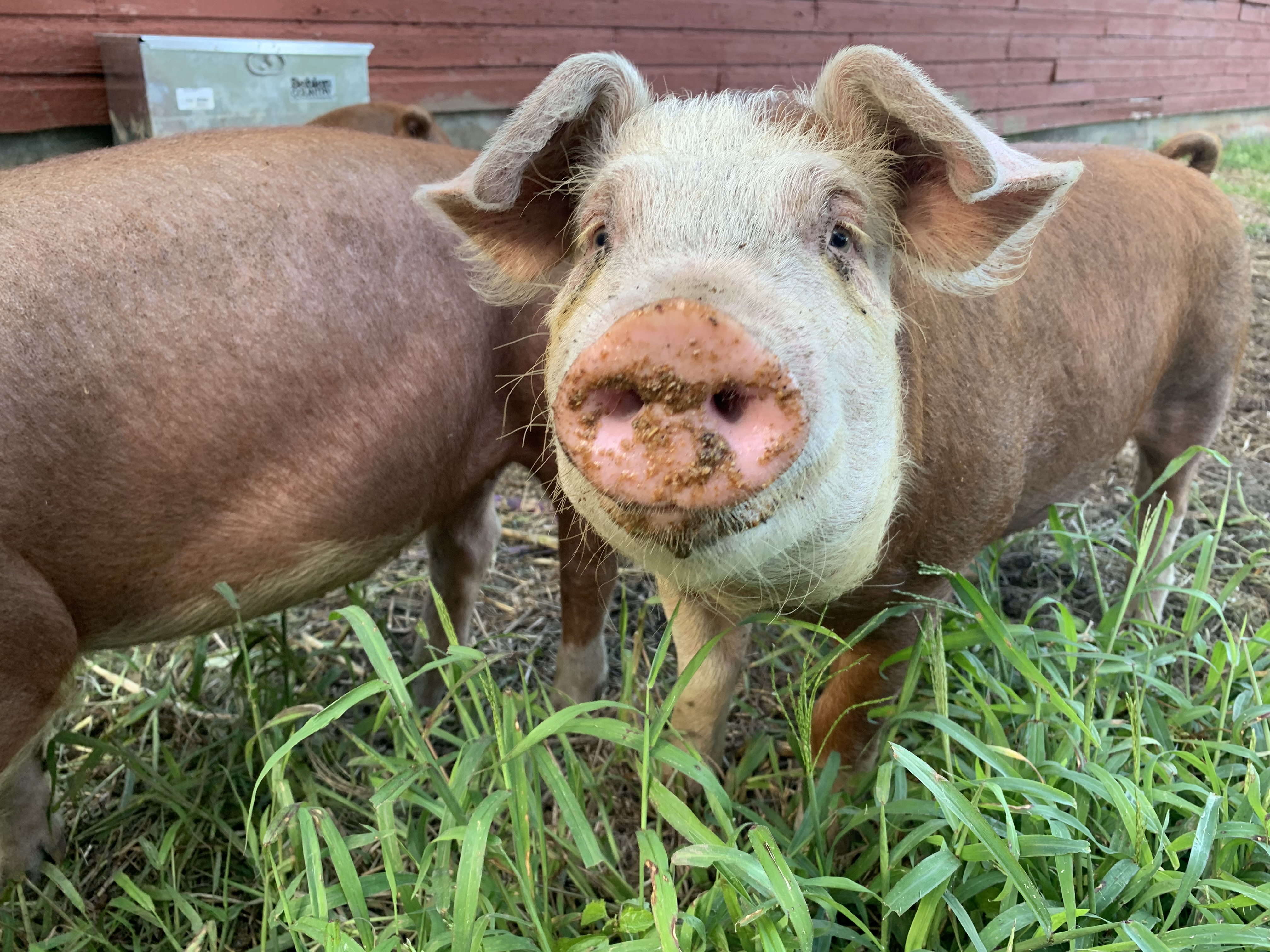
June 7, 2022 | Montpelier, VT - This year Vermont legislators made record investments in our rural communities, agriculture, and the environment. Based upon Governor Phil Scott’s proposals, legislators allocated dollars to farmers, producers and those making their living off the land.
The Governor’s Future of Agriculture Commission offered new policy and program recommendations, and legislators listened. This winter the Commission proposed investing in food related businesses so they could grow and feed people in Vermont and beyond. A $40 million dollar Community Recovery and Revitalization program led by the Agency of Commerce and Community Development will issue grants to businesses to invest in new infrastructure, such as storage, distribution, waste management and meat processing for Vermont companies.
Farming and support for agriculture was well represented under the Golden Dome this year. Those who grow fruits and vegetables will get support; $100,000 is dedicated to continuing Produce Safety Improvement grants for the industry. Grants will help finance equipment and infrastructure needed to safely produce and process more local food.
The Working Lands Program also will help farmers, producers and those who work in the forest. More than $3 million dollars will be invested in this program over this next year, making it more affordable and viable to farm or produce food in Vermont. It’s a proven program that grows Vermont’s rural economy while producing high-quality food and forest products.
The Commission also proposed to invest in technology to help dairy farmers manage their complex and evolving businesses. This could mean upgrades to help with manure management, milking equipment or infrastructure. The Northeast Dairy Business Innovation Center is committed to this priority and will dedicate dollars to this recommendation in the coming months. With a tight labor market, this initiative could make it more affordable for the region’s dairy farmers.
This year’s state budget also includes support for organic dairy farmers who were faced with losing their Vermont markets. The $200,000 appropriation will help farmers find and work with new buyers for their milk.
The successful session also focused on attracting and supporting the next generation of farmers. The Agency of Commerce and Community Development will collaborate with the Vermont Economic Development Authority (VEDA) to manage a $19 million dollar business assistance program. This forgivable loan program is aimed at helping those businesses that are still recovering from the pandemic. The Northeast Dairy Business Innovation Center will also offer a mentorship program for dairy farmers. There is tremendous energy and need for new and beginning farmers.
While navigating the pandemic, farmers are also coping with climate change. Vermont farmers are stewards of the land. They stand ready to help improve the environment by implementing Climate Smart Farming, including agronomic practices that mitigate climate change. The Agency’s budget includes spending nearly $5 million dollars to plant more cover crops and improve soil health. The state’s budget also includes dollars for the Payment for Ecosystem Services Working Group and Program. This $1 million dollar program, now a pilot, could reward farmers for best practices that improve the environment and the climate.
Feeding Vermont and the region is also a priority for the Agency of Agriculture and its partners. Vermonters Feeding Vermonters, a program of the Vermont Foodbank, will receive $2 million dollars to help feed those less fortunate while buying local food from Vermont Farmers.
This legislative session also resulted in significant investments in food security programs, farm-to-school and early educator grants, and child nutrition investments in our schools. These investments mean all Vermonters – including our most vulnerable – can benefit from healthy, nutritious food and a robust local food system.
These significant financial commitments to Vermont agriculture underscore its importance in our communities and our everyday lives. We are grateful for the support of Vermonters and policy makers in Montpelier and Washington. There is much work to do but short- and long-term approaches create opportunities for farmers and producers while making sure we can feed the region and at the same time keep our valuable agricultural land in production.

Anson B. Tebbetts
Secretary, Vermont Agency of Agriculture, Food and Markets

